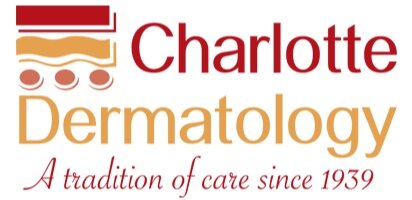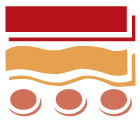Rosacea
Written by: Brannon Puett, PA-C
What is it?
Rosacea is a condition that affects the facial skin of millions of people around the world. Despite how common it is, very little is known as to why some people develop it and others do not. There is no medical test that can show you have rosacea and the majority of people with rosacea are unaware they even have it. Any of the following are signs of rosacea:
Redness on the cheeks, nose, chin or forehead
Small visible blood vessels on the face
Bumps or pimples on the face
Watery or irritated eyes
Who gets it?
Anyone can develop rosacea but those most commonly affected are middle-aged and fair skinned individuals. Women are more likely to get rosacea but men who are affected tend to have more severe symptoms.
How is it treated?
Prevention is key! I always recommend good sun protection for my patients as sun exposure can be a common trigger for rosacea flares. Applying a broad-spectrum sunscreen with an SPF of 30+ everyday before going outside and avoiding the midday sun can be helpful. Some other triggers include caffeine, extreme heat/cold and eating spicy foods.
There is no definitive cure for rosacea but a variety of treatments are available to reduce its appearance. Rosacea is also a progressive condition, meaning that it gradually worsens over time and that treatment should be started as early as possible in order to reduce symptoms.
The majority of people suffering with rosacea would benefit from seeing a dermatologist to discuss treatment options which can vary from:
Topical medications (creams/lotions/gels/foam)
Oral medications (low dose antibiotics)
Laser/light treatment
Not all rosacea is the same so seeing someone with experience on this condition will help determine the best treatment options for your specific case. If you think you have rosacea or would like to discuss treatment please schedule an appointment, we are happy to help! Below is a helpful link that can be helpful in learning more about rosacea.


